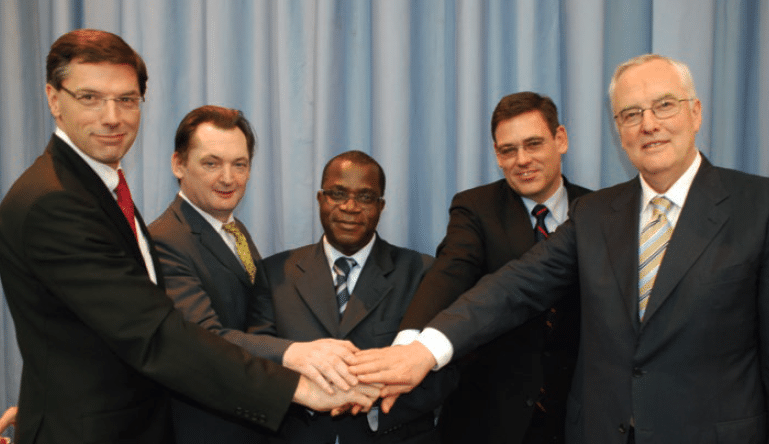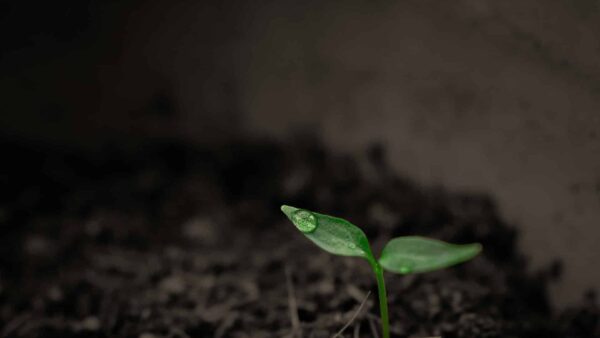Representatives of the International Seed Federation (ISF) joined a global forum to present its members’ views on the future direction of the International Treaty on Plant Genetic Resources for Food and Agriculture (ITPGRFA).
Hosted by the Republic of Rwanda in Kigali, the Seventh Session of the Governing Body of the ITPGRFA brought together 144 member countries, observer nations, farmers’ groups, NGOs, experts, and other international organizations (30 October-3 November 2017).
In his opening ceremony speech, ISF President Jean-Christophe Gouache expressed the seed sector’s wholehearted support for the Treaty and its multilateral system as the preferred tool to access and share the benefits of genetic resources, and called for “a system that serves the many, and not the few.”
“A declaration signed by 41 companies and a voluntary contribution to the benefit-sharing fund provide further substantial evidence of the seed sector’s continued commitment to the Treaty,” says Gouache. “What we need now is to move towards a multi-access benefit-sharing system that makes sound business sense, and meets some critical legal and economic conditions.”
At a side event entitled ‘Putting farmers at the heart of seed policies,’ ISF International Agriculture Manager Hélène Guillot facilitated an open discussion between a Rwandan farmer and a breeder representative, which highlighted the need for farmers to access quality seed to enhance their livelihoods and prosperity.
“ISF would like to see more freedom of choice for all farmers regarding the main agricultural inputs, namely seed,” says Guillot. “In developing countries, this will only be achieved by putting in place the right regulations so that quality seed reaches farmers.”
In a closing statement, ISF reiterated its commitment to playing an active role in the ITPGRFA-related topics, in line with the Federation’s vision for a world where the best quality seed is accessible to all, supporting sustainable agriculture and food security.
Looking ahead to the next meeting of the Governing Body in 2019, ISF is preparing to build on the outcomes from the Kigali negotiations around the funding strategy, the global information system, farmers’ rights, sustainable use of germplasm, and especially the enhancement of the multilateral system.
ISF’s key future actions include supporting the work of the ad hoc Committee on the Funding Strategy and Resource Mobilization; joining the proposed ad hoc Expert Group on Farmers’ Rights to promote greater awareness of how ISF breeders contribute to sustainable use of PGRFA; and contributing to the enhancement of the multilateral system via the dedicated working group.













